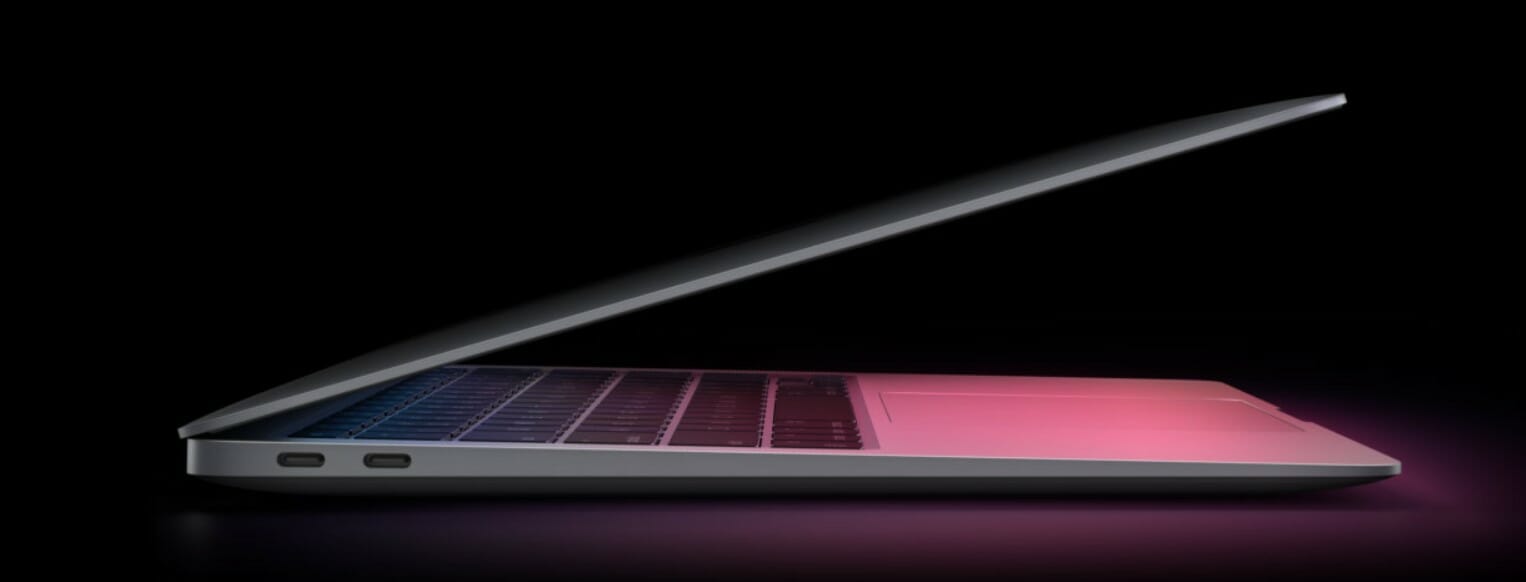Apple has asked its major suppliers to assess the cost implications of moving 15 to 30 percent of its production out from China to Southeast Asia, according to a Nikkei Asian Review report on Wednesday. One of the countries being considered is Malaysia.
The catalyst for the move is the ongoing trade war between China and the US, which is expected to intensify later this month with the introduction of 25 percent tariffs on devices including phones, notebooks, and tablets.
However, it is said that Apple still wants to shift production regardless of whether the trade dispute is resolved.
The tech giant cites the risks of overly centralising its production in one country as too great and even rising.
While US President Donald Trump has repeatedly claimed that Apple was open to the idea of manufacturing its products in the US, it is likely that this will instead move to countries in South East Asia.
Countries that are being considered include India, Vietnam, Indonesia and Malaysia with India and Vietnam being the frontrunners for smartphones, Nikkei said.
Key iPhone assemblers Foxconn, Pegatron Corp, Wistron Corp, major MacBook maker Quanta Computer Inc, iPad maker Compal Electronics Inc, and AirPods makers Inventec Corp, Luxshare-ICT and Goertek have been asked by Apple to evaluate options outside of China.
Apple previously produced lower-cost iPhone models in India, and last year mulled shifting production of its more premium models to the country.
Foxconn also said recently that it has the capacity to move production of all US iPhones out of China if necessary. US President Trump threatened to slap further USD300 billion tariffs on Chinese goods.
According to analysts at Wedbush Securities, given the complexity and logistics involved in the major move, it would take at least 2-3 years to move 15 percent of iPhone production from China to other regions.
China is a key market for Apple with nearly 18 percent of its total Q1 2019 revenue coming from Greater China.
A deadline has not been set for suppliers to finalise their business proposals.









